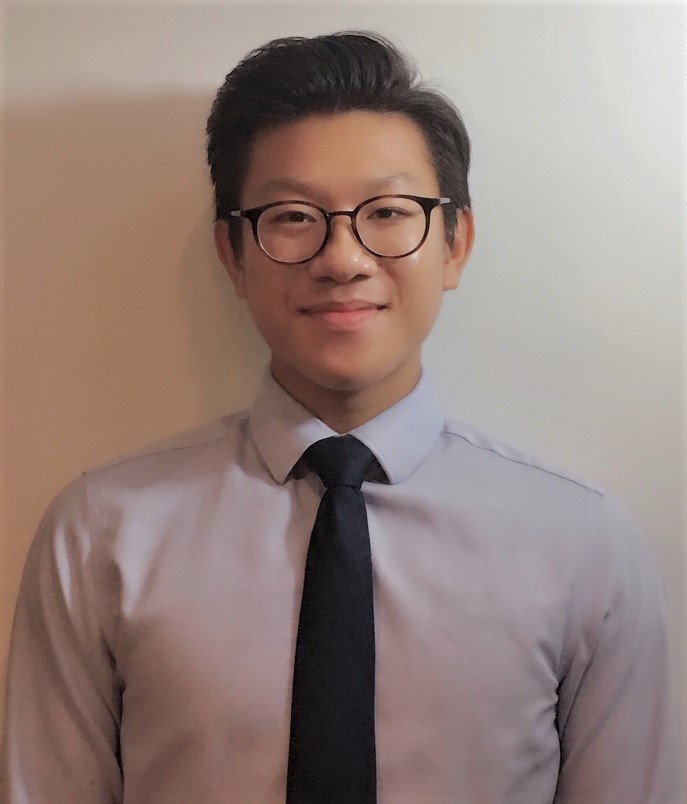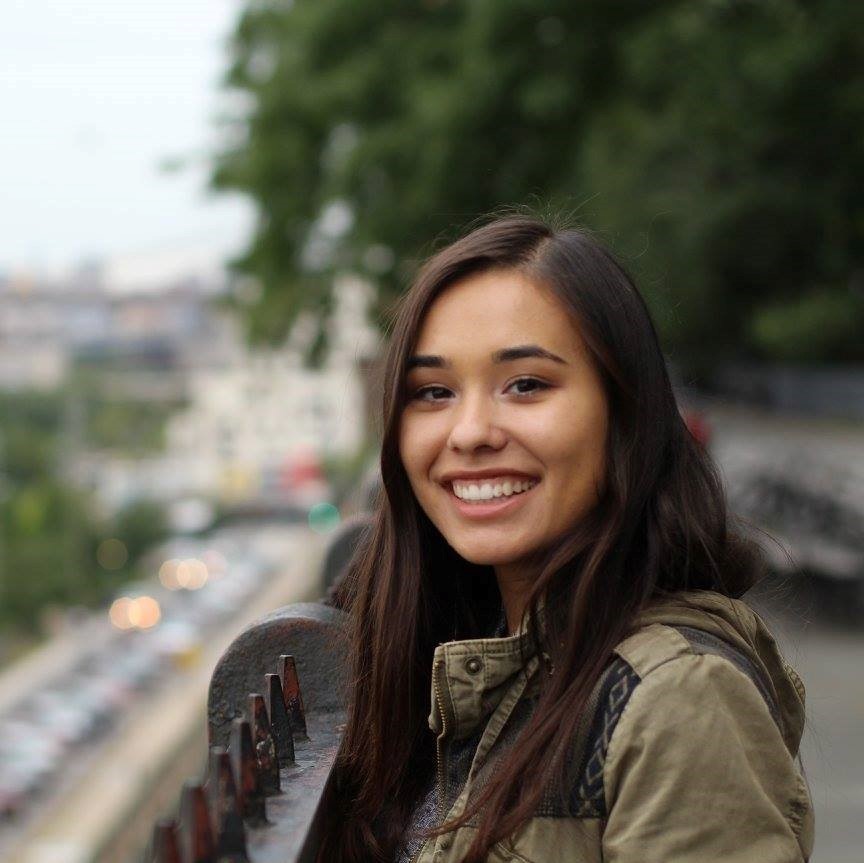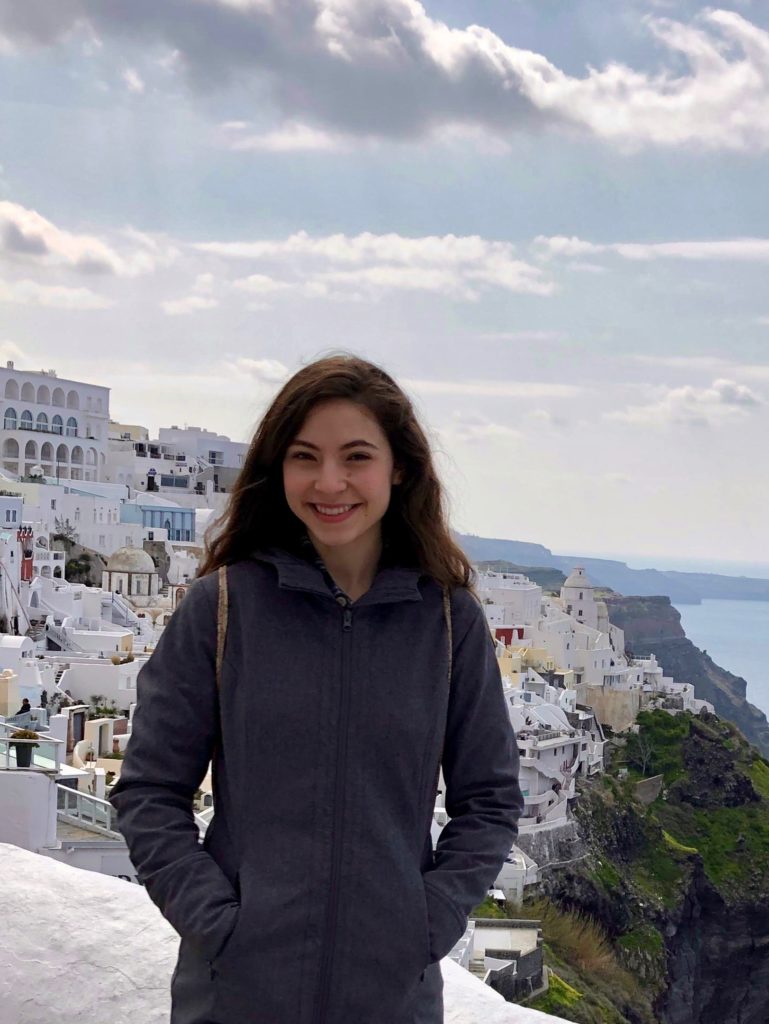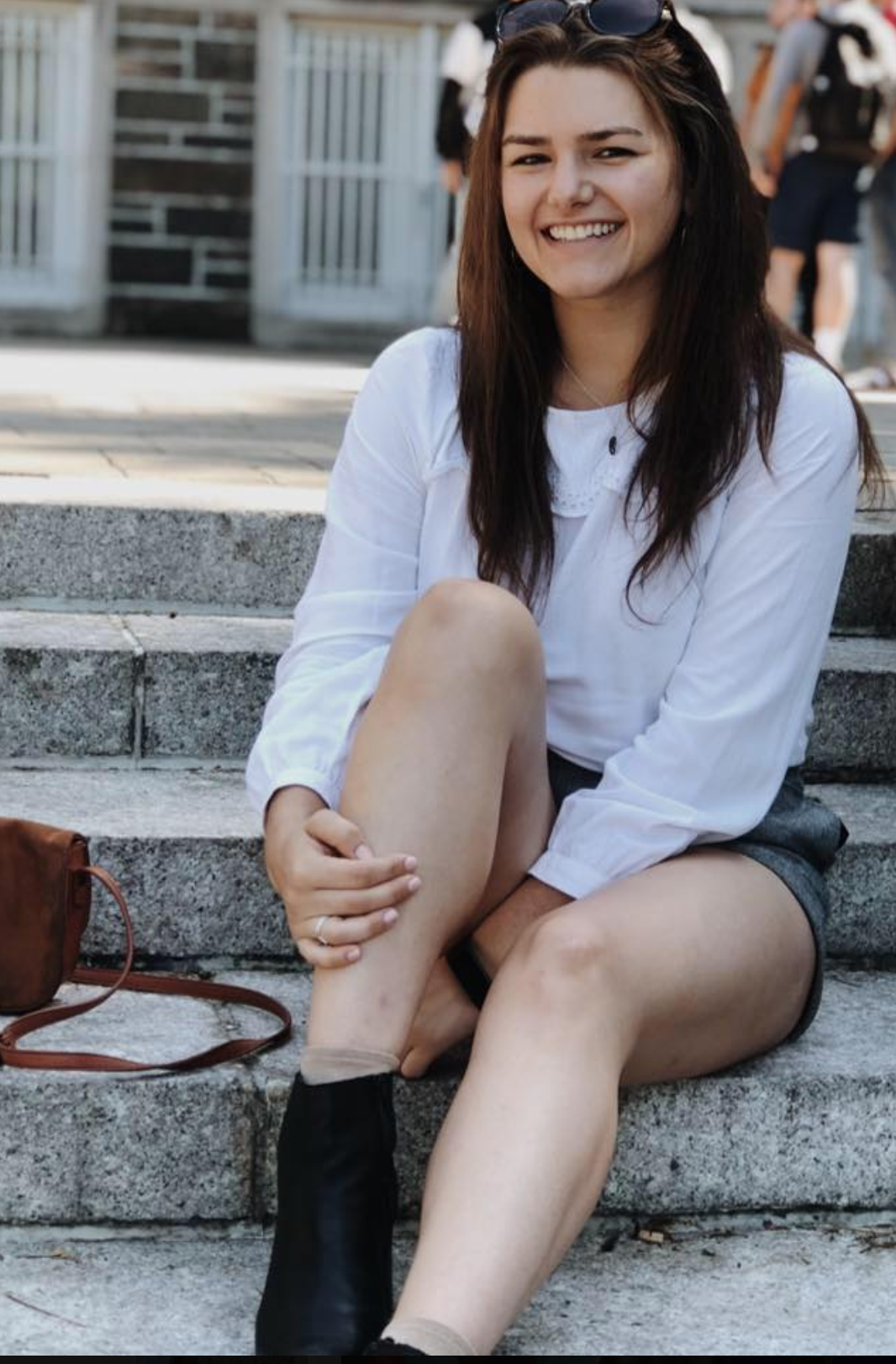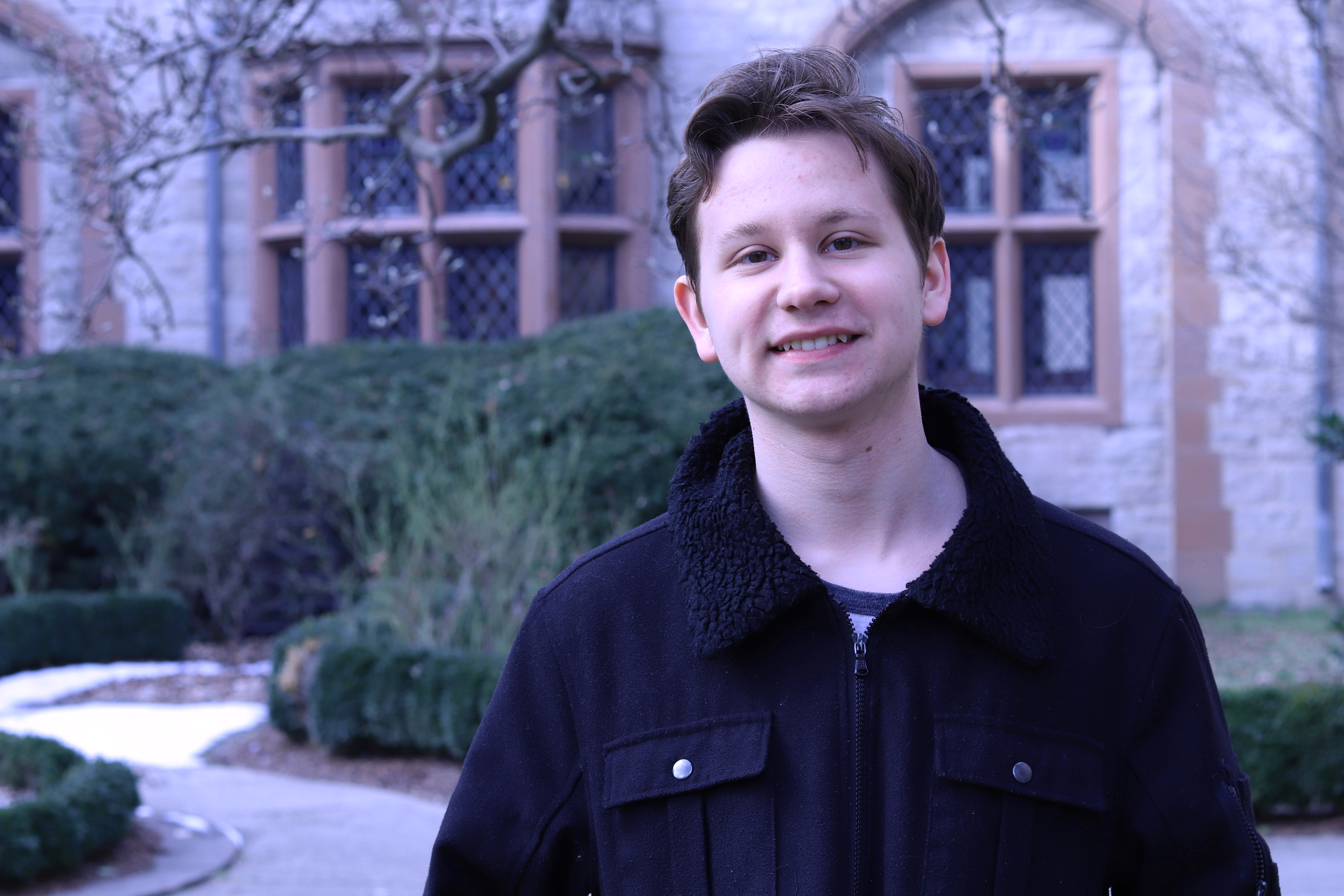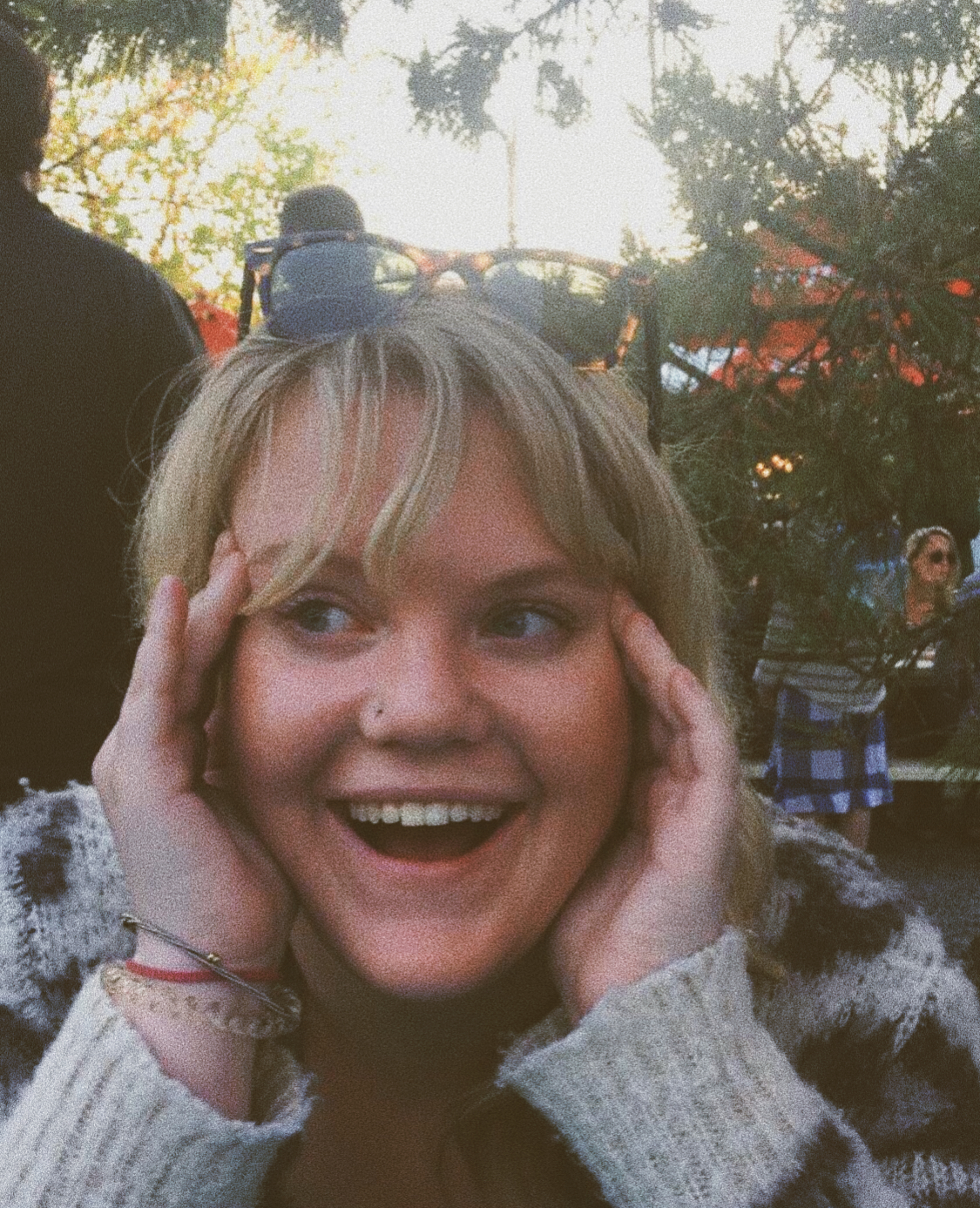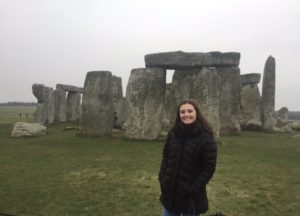Undergraduate Grace Rooney (Fordham class of 2023) presented her poster entitled “Lesbian Activity and Participation in the National Organization for Women in the 1980s” at the American Historical Association Annual Meeting in Philadelphia which took place 5-8 January 2023. Over 1,500 individuals participated in the event and Grace was one of 20 undergraduates to present a poster. Great work Grace!
To learn more about Grace’s research you can read her poster abstract below:
My research question revolved around how the National Organization for Women (NOW), as a mainstream feminist organization, advocated for and included lesbian members in the 1980s. Publications that I examined from the 1980s, including an annual Lesbian Rights Resource Kit, a Lesbian Rights Lobbying Kit, and a Lesbian Rights Conference. These sources are unique and distinct from the 1980s, and no such sources exist for the 1970s. This distinction shows the escalation of NOW’s work on lesbian rights, and more in-depth issue areas which targeted rising homophobia from the right, as well as defending the idea of lesbian rights as a women’s issue. Since lesbian rights had long been controversial in NOW, I also examined the resulting controversies within the organization over lesbian rights in the 1980s. One of the controversies within the organization was over how to respond to homophobic attacks from the right. There was a major debate within NOW at the time between members, who advocated for the organization to take a step away from gay rights work and advocate for feminism as a “pro-family” ideology in line with the rhetoric of the right-wing at the time, while leadership dismissed this view and increased their public-facing work in support of gay rights. Another controversy I examined was over the 1980 Resolution on Pornography, Sadomasochism, and Public Sex. This resolution stated that all of these sexual issues were exploitative of women and that any association with gay rights was entirely and always erroneous. Many lesbian members and outside organizations took issue with the authoritative and definitive tone of NOW when describing the relationship between feminism, gay rights, and sex. Overall, the 1980s presented a unique context of rising conservative power, as well as internal controversy over issues areas of feminism like sex and pornography.
Grace also shared some thoughts on her experience:
I really enjoyed my experience at the AHA. One of the best parts of the conference was being able to meet other undergraduate students who were presenting their research from around the country, and who are going through similar experiences as me. The AHA felt intimidating at first as an undergraduate, but meeting other students who were doing the same thing, and talking about our research really helped. Also, they are all applying to graduate school and figuring out what they want to do with history as a career, so talking to them about that was also very helpful and encouraging.
I was able to go to a variety of sessions, the first being the plenary session about the role of historians in teaching and examining through the lens of social justice. I found this panel very interesting, as those are questions I think about when considering the field as well. There were a lot of very interesting things that the panelists said, but I enjoyed their discussion of the idea that history and the history we study tend to be autobiographical, which I found resonated with a lot of scholars and made me think a little differently about the field. Also, I was able to attend two Fordham professor’s panels, Professor Huezo and Professor Miki. I found their panels to be very fascinating and also useful for me as their subject matter is fairly far away from my own, and they both came and listened to my poster as well, which was very nice to have a friendly face there as well. As far as panels in my field, I attended one on global feminism that I found to be particularly interesting, as well as one on Irish women’s communication networks which taught me a lot, and made me question similar topics in the United States and their relationship to Irish groups given how close the countries work in a lot of areas.
Presenting the poster was definitely the highlight of the conference though. I was able to talk to a variety of professors, and undergraduate and graduate students. Discussing my research helped me a lot in how I could cohesively organize and present the information that I had found, which I had struggled with in writing the corresponding paper because I felt a little bit all over the place. I received a lot of good feedback on the poster, and I also was able to talk about graduate school and further my research with a variety of people, which was great. My major takeaways from the conference will be greater confidence in my research and its organization of it, as well as a wider understanding of the diversity of the field, and how more difficult questions within it can be answered. I also am very reaffirmed in my interest in research, and continuing that in my graduate school and career.



